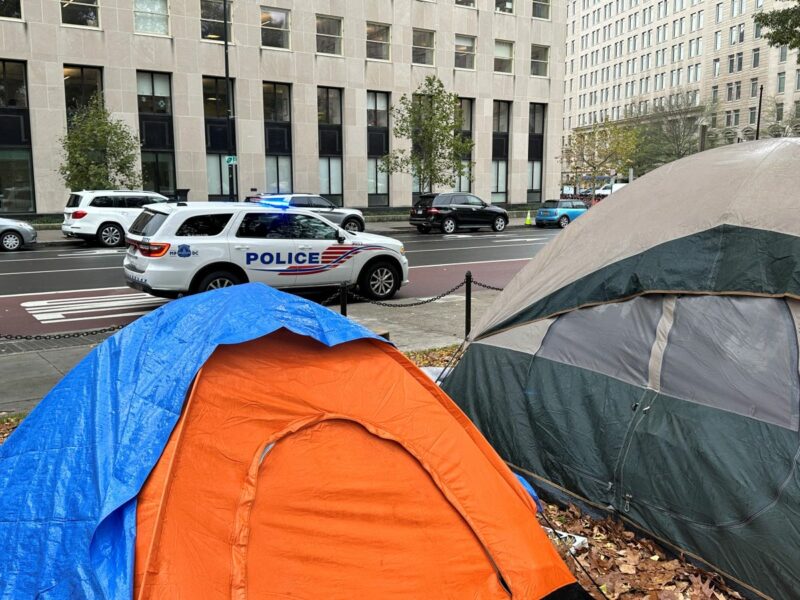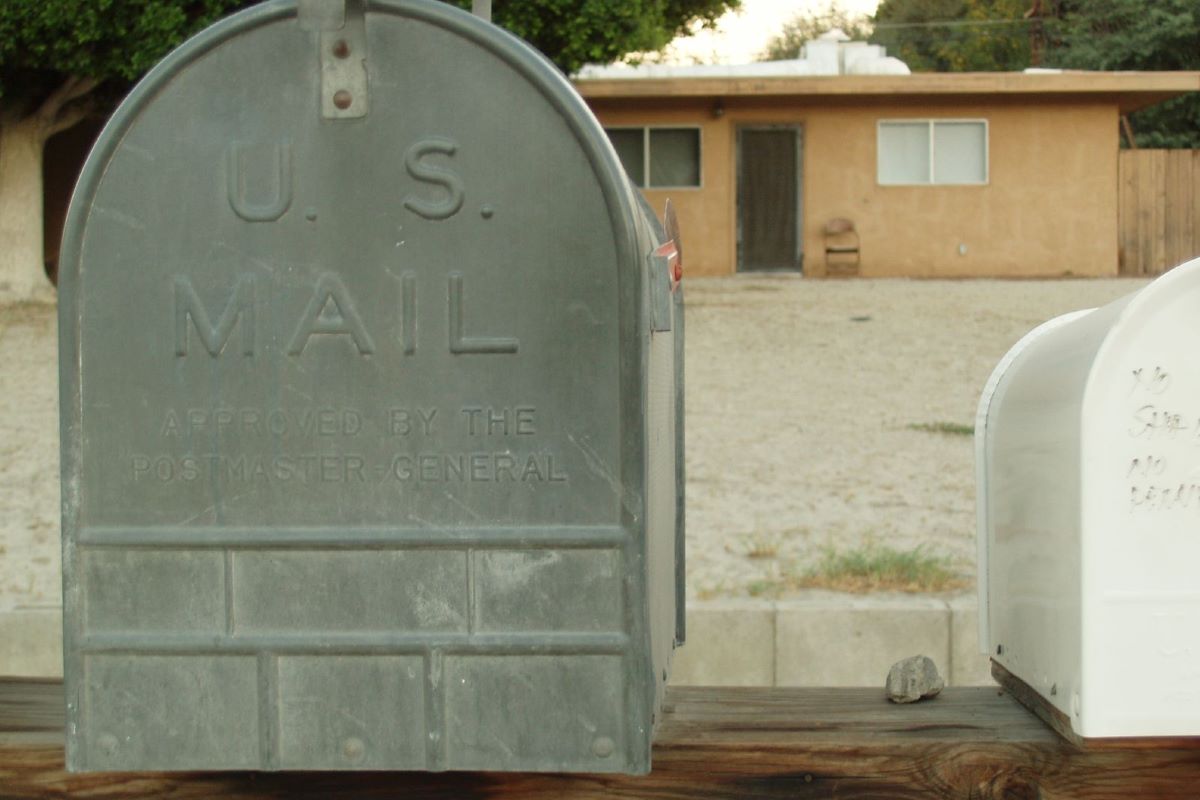The lack of a permanent address hinders a person’s escape from homelessness.
Like so many things, those of us who have permanent addresses often take them for granted. We never realize how many doors they open for us or how many things just get done smoothly because we have them. Once you don’t have an address, then you begin to see the ways it is essential for daily living.
If you want to fill out a job application, you must put in your permanent address.
Registering to vote? Mailing address, please.
Applying for benefits or housing, receiving official communications, opening a bank account, replacing identification, registering the vehicle you live in, and 100 other different tasks that fall under the heading of “daily minutiae” for housed people can easily spiral out of control for homeless people if they don’t have a reliable place to receive their mail.
How do people without permanent addresses receive those things?
It’s not always easy, but there are ways for people who are homeless to receive their mail. And these services are essential.
Some Shelters
This isn’t something that all shelters offer, but some places still collect and distribute mail for their guests. If there’s a shelter someone regularly returns to, it makes sense for them to receive their mail there if possible.
Still, most homeless shelters aren’t likely to offer this service as they have a regular rotation of people staying each night. Long-term shelters or those that offer more personalized support are more likely to offer mail services. It just depends.
Even shelters that offer mail services have their limits. They may institute a maximum number of people they can receive mail for at one time. Or, more commonly they’ll have a maximum number of days mail will be held before being discarded. That number will likely depend on the volume of mail they’re receiving. And it could be anywhere from 7 to 30 days.
Churches
Some churches, generally larger ones, offer mail services to people without permanent addresses. These are often the same places that offer meal services. So, it may be convenient for people to pick up their mail at a place they already go regularly to eat, rather than having to go out of their way anytime they want to check their “mailbox.”
Like shelters, church mail programs will often have a maximum holding period. So those who use the service must always keep that deadline in mind and choose a place that’s easy to get to so any important mail is not missed.
PO Box
If it’s affordable enough, some people who are homeless do pay for a PO box, either permanently, temporarily, or intermittently when they need to receive something. If there aren’t any accessible places offering free mail services in the area, this may be the only option.
Of course, this method requires a bit of an investment. And to get the best rates, you must commit to a longer-term and pay the money upfront. This may or may not be an option depending on how much money you can scrape together at once.
Another wrinkle in the PO box plan is many post offices are completely booked up. They wouldn’t have a PO box to give you even if you could pay. While it might not be a problem for a housed person to drive to the post office in the next town over, that’s a big, exhausting trip for a person who’s homeless and relying on public transit or walking to get around.
An alternative to a PO box is to just have mail delivered to general delivery in the city you’re in. This can work well for transient people who are moving around a lot. But if you need to list a permanent address for a job application or government form, it may not be accepted. General delivery is only useful for homeless people in certain situations. More than likely they’ll need another type of service in addition to receive their really important mail.
Through Friends
Many people who find themselves homeless don’t have strong bonds with friends or family with permanent addresses. So, this route isn’t often taken, but it can work out sometimes.
If a homeless person knows someone with access to a permanent address that would be willing to receive their mail for them, they might come to an arrangement together. This person could be a friend or family member from before they were homeless. Or someone they met along the way, or someone who used to be homeless as well and has since found housing. It could even be the owner of a local business that the person frequents.
Whoever the person may be, if the two have a good rapport and trust, they may be willing to receive mail and make sure that it gets delivered to the proper person.
Mail Services Are Essential
Offering mail service is one of the simplest ways organizations can help homeless people. But it often goes overlooked. Given the relief it can provide people struggling to escape homelessness, the costs of running a mail service are negligible. This is especially true if you’re already running a meal service or shelter program.
Mail receiving services are inexpensive, unobtrusive, require very little dedicated time, and can be done just about anywhere by anyone. All you really need is a filing cabinet, a volunteer or two, and of course – a permanent address!











